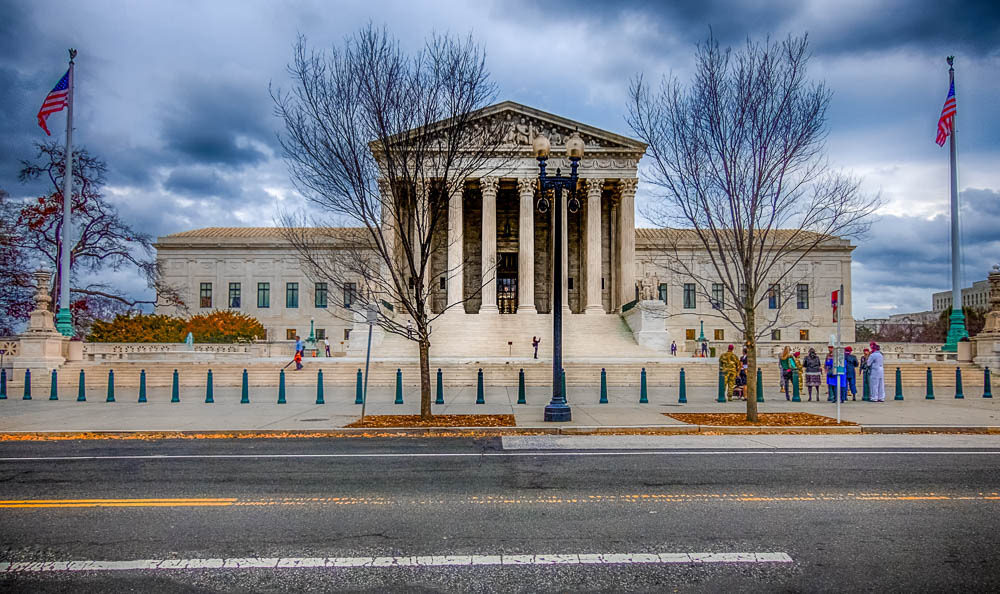As a student in Karachi, I met a 10-year-old boy who I’ll call Ali. Ali was a disruptive student; generally what we’d call a problem child or a nuisance. I believe that he came from an abusive home. Though we never talked about the physical abuse, he would occasionally come to school with fresh bruises on his arms and legs, and once even a black eye. The school administration was aware of the alleged abuse and they never took any action to address it; they did, however, hesitate to call Ali’s parents regarding disciplinary issues.
It’s my belief that they did so because they were well aware of what the punishment would be if such a call was made to his father. Ali would make light of it all, cracking jokes about his father’s temper and beatings, while the rest of us laughed uncomfortably, never quite knowing where the humor ended and the truth began.
Looking back, I realize that the reason no one said or did anything was probably because they couldn’t. Ali came from an affluent, powerful family—a family that lived in a country that has no efficient, legitimate foster care system, and where the police are easily bribed and the social services underfunded. Though he got sympathetic looks from the adults, what power did they have to stop the abuse?
To this day, I do not know if Ali had abusive parents, but what I do know is that there are far too many physical and sexual abuse victims in Pakistan, particularly women and children, who have nowhere to turn.
A 2010 study titled Determinants of Child Abuse in Pakistani Families by Farah Malik states:
Each year, roughly estimated, about 50,000 children with observable injuries severe enough to require hospitalization are not even reported. Since 2010, child sexual abuse in Pakistan has also been on the rise or, at least, openly acknowledged. According to UNICEF Local Officer Shamshad Qureshi, “The lack of proper law enforcement, negligence of parents, lack of awareness among the children, and the society as a whole remain the major reasons for continued occurrence of child abuse.”
According to Sahil, an NGO working for child rights, approximately 70 percent of sexually abused children in 2011 were girls, while 30 percent were boys. In a society where virginity and honor go hand-in-hand, it is safe to assume that many sexual abuse cases, particularly those where the victim is a female, remain unreported. For too many people in Pakistan, family honor comes first and as long as the rape, battery, and molestation remain tucked in the closet, one’s dignity remains intact. With this mentality, it comes as no surprise that Pakistan is lagging far behind in acknowledging the abuse, punishing those responsible, and working to shift the attitudes of shame and secrecy that perpetuate these ugly cycles.
Fortunately, it seems that this trend of shame-based silence is slowly reversing. Sahil reported a steady increase in the number of parents reporting child sexual abuse over the past decade. Nearly 75 percent of the families of abused children approached police for relief. The police and courts processed the majority of these cases, with abusers and molesters receiving a death sentence, a jail term, or a fine depending on the nature of the abuse. We can chalk up the willingness of parents and guardians to speak up and seek justice to the push for increased abuse awareness by organizations such as Sahil and KONPAL Child Abuse Prevention Society. KONPAL, for example, holds workshops on childcare and protection for mothers, and sponsors awareness days for the community at large at local hospitals and schools.
While Pakistani civil society continues to make strides in encouraging victims and their families to expose abuse rather than conceal it, another key to protecting children against sexual predators who are also family members lies in securing a mother’s rights. Access to a proper shelter and police protection for a woman is a prerequisite when it comes to guarding children against sexual predators. Without it, reports Habiba Nosheen in The Atlantic, mothers are helpless to shield their children from molesters and rapists within the family. Men tend to be the bread-winners, or at least the ones who control the family’s earnings, so with hardly any shelters or safe houses for women and no state funding for single or destitute mothers, a woman may know her child is being molested by a family member but will not have the means to leave the abusive environment. An uncooperative police further compounds the problem, Nosheen writes: “Sarah Zaman, who heads the Karachi-based NGO, War Against Rape, says that combating predatory incest has been particularly difficult in Pakistan, where it can be difficult for political and social leaders to admit that such things could happen in an Islamic country.”
With the production and global popularity of films such as “Bol” and “Saving Face,” and the passing of The Prevention of Anti-Women Practices Bill 2008 in Pakistan, social awareness of child and female abuse is on the rise. A more urgent, aggressive push for education, domestic violence awareness campaigns, and funding for shelters and safe houses will bring these two marginalized groups to the center stage and propel a stagnating nation towards its true potential.
Saira Khan is a Pakistani-American who graduated as an English major from the University of Maryland, Baltimore County. Currently employed in the publishing world, she will soon be pursuing a Master of Science degree in Journalism at Columbia University.
(Photo Credit: little dandelion queen)




